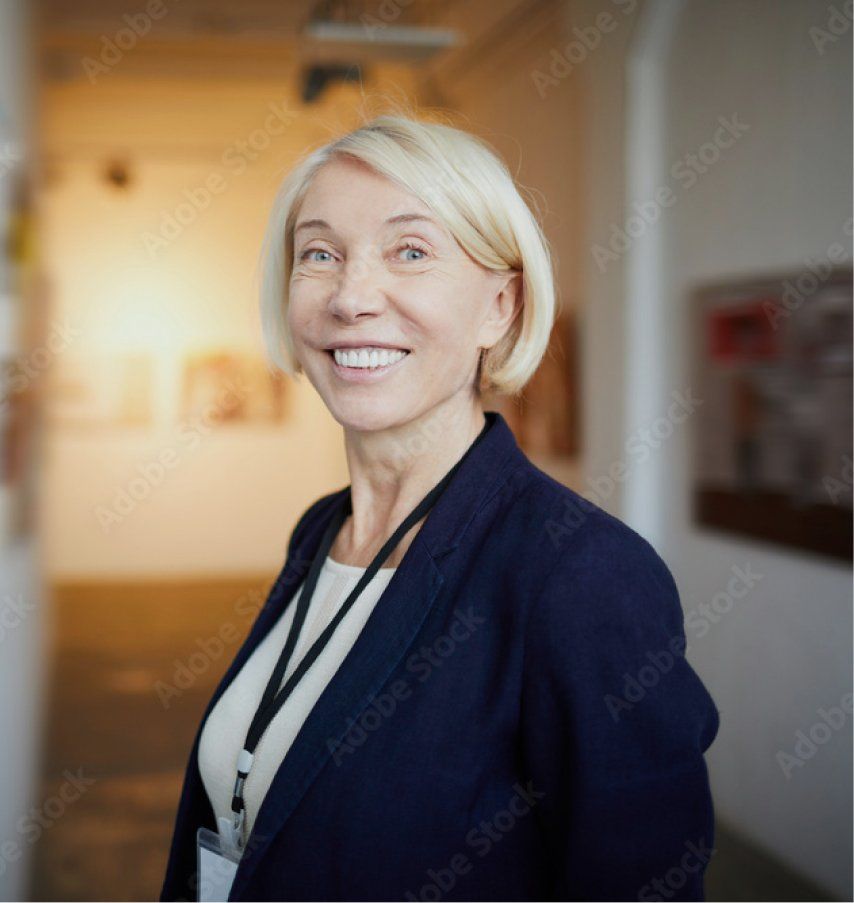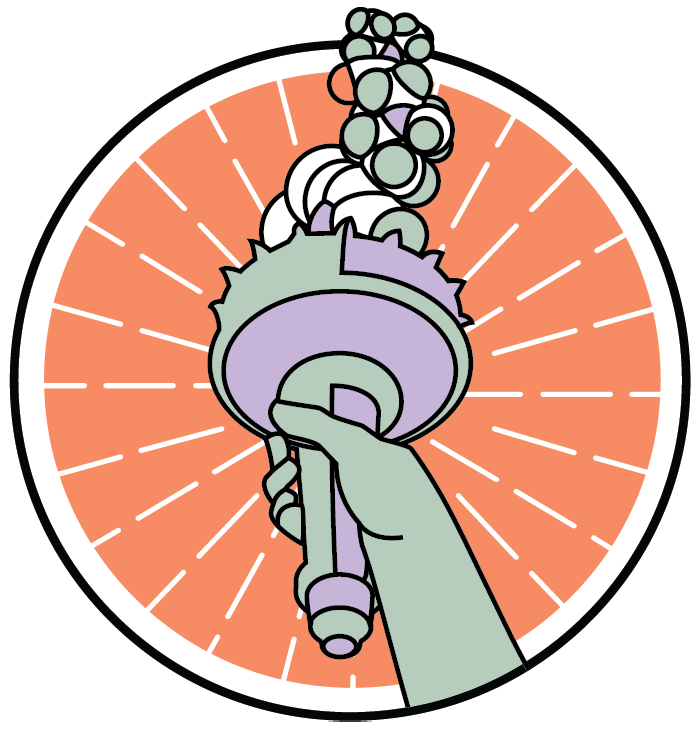Web. Program Day - 1
September 17, 2022
Web Program Day- 2
Web. Session 1
Portland Art Museum
Summary / Abstract
Web. Session 1
Web. Session - 2
Christine Diindiisi McCleave, enrolled citizen of the Turtle Mountain Ojibwe Nation, is a doctoral student at the University of Alaska Fairbanks Indigenous Studies program with a focus on Indigenous Knowledge Systems of entheogenic plant medicines for healing. Her master's thesis on Native American spirituality and Christianity and the spectrum of Native spiritual practices today, including Peyote religion, led her to become CEO of the National Native American Boarding School Healing Coalition where she helped introduce a bill for a national truth commission and worked with the United States Department of the Interior to investigate Indian Boarding Schools. Currently, she is facilitating Colorado’s Tribal Working Group under the Natural Medicine Health Act. In 2023, she was listed as one of 75 influential, innovative, and disruptive women in Psychedelics by _DoubleBlind_ magazine. She is currently a member of the board for the Minnesota Council of Churches and the Vice President of the board for the Psychedelic Society of Minnesota.
Biography
Christine Diindiisi McCleave, MA
she/her
Appearances
Name
Title
Organization

Name
Title
Organization

Name
Title
Organization

Name
Title
Organization

Name
Title
Organization

Name
Title
Organization

Psychedelics in America
State initiatives to support psychedelic research and access
As the profile of psychedelics continues to grow in both clinical discourse and popular culture, the quest for the underlying mechanisms of their effects has arrived as a matter of public interest.
Over the last decade, a series of findings from neuroimaging studies has yielded a variety of interpretations of the source of their therapeautic potential. These theories have often been breathlessly reported by the press and industry in service of advancing the plausibility of psychedelic medicine.
However, no consensus exists among the neuroscience community as to the origins of psychedelics effects and benefits, and neuroimaging is only one tool among many for investigating further.
In this session, we will hear from a panel of neuroscientists working towards a better understanding of underlying mechanisms about how to better consider and interpret the state of psychedelic neuroscience.
Over the last decade, a series of findings from neuroimaging studies has yielded a variety of interpretations of the source of their therapeautic potential. These theories have often been breathlessly reported by the press and industry in service of advancing the plausibility of psychedelic medicine.
However, no consensus exists among the neuroscience community as to the origins of psychedelics effects and benefits, and neuroimaging is only one tool among many for investigating further.
In this session, we will hear from a panel of neuroscientists working towards a better understanding of underlying mechanisms about how to better consider and interpret the state of psychedelic neuroscience.
Since 2007, Horizons has helped the public understand the world of psychedelics through live events and digital media.
Join Our Email List
We respect your privacy.
Newsletter Signup
Thank you for signing up to our newsletter.
Oops, there was an error, please try again later.
© 2007-2024
The Horizons Center PBC, Inc. is a public benefit corporation.
